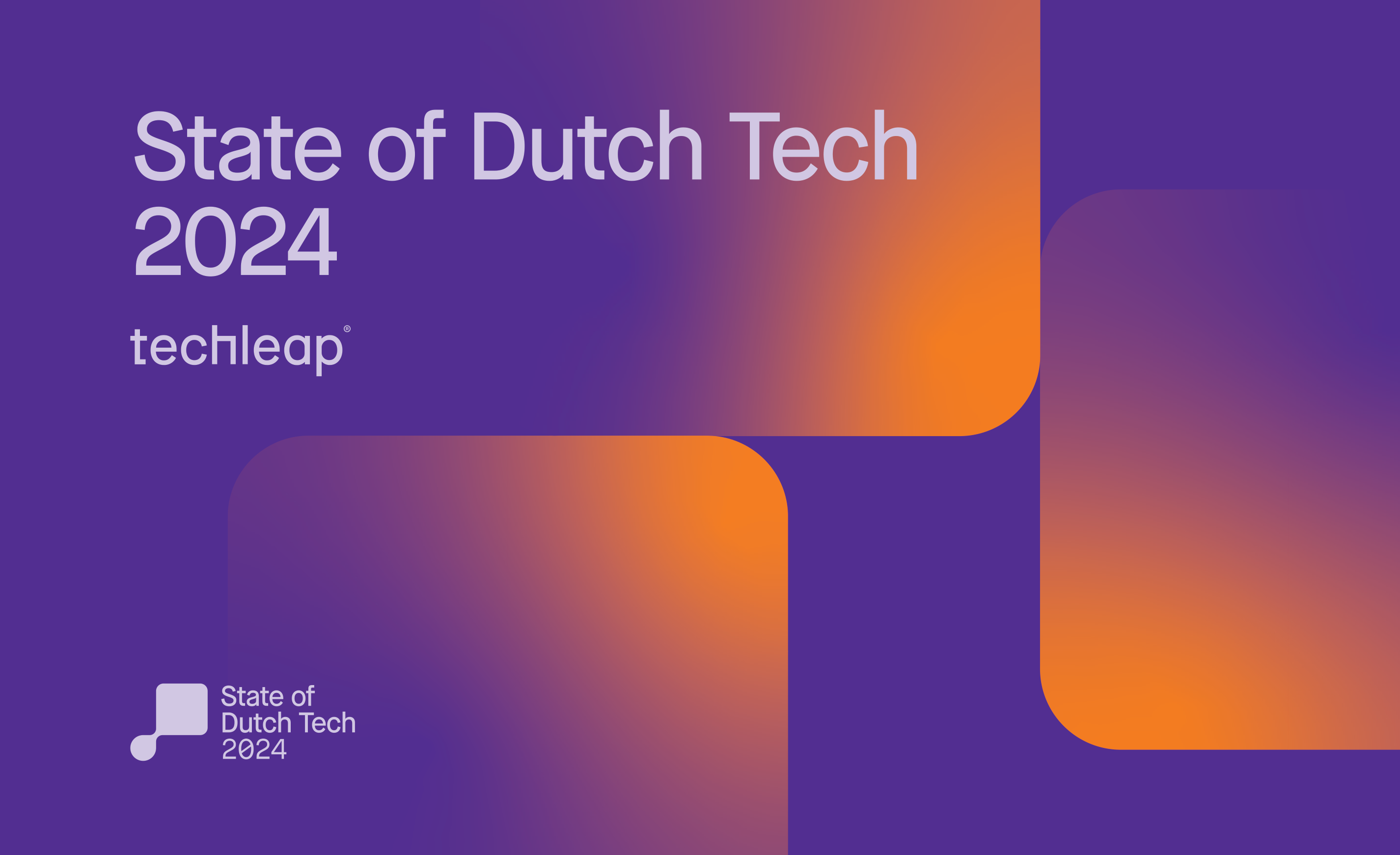March 6, 2024
Techleap: Competitive business climate essential to counter decline in growth of Dutch tech sector
Open economy and focus on deep tech contribute to competitiveness of economy and relevance of the Netherlands

Despite the Dutch tech sector still being one of the best-performing in Europe, investments declined by 25% in the past year. In 2022 and 2023, the Netherlands did not produce any new “unicorns” (private startups valued above $1 billion) and there were no Dutch IPOs in the past year. Also, across Europe, the number of “unicorns” and IPOs decreased during the same period.
Many Dutch startups struggle with funding in later stages. Over two-thirds of startups (70%) fail to attract capital after seed investment. Moreover, Dutch startups that do succeed take an average of six years to secure the next capital injection. This puts Dutch companies a year behind European averages, and two years behind US companies. Startups are also becoming increasingly dependent on foreign investors in later stages of their growth. In 85% of major investment rounds, international investors were involved.
A positive trend is the growth of companies in the deep tech sector. In the Netherlands, almost half of the investments (48%) in the past year went to the deep tech sector. Consequently, the sector raised 15% more than in 2022. There has been significant investment in companies originating from universities, demonstrating the potential value of the Dutch academic world. However, the current trend is no guarantee for the future. It mainly depends on the extent to which deep tech startups are able to accelerate further growth.
“There is enormous potential to make the Netherlands a true ‘deep tech country’, embrace regional specialisations, and allow Dutch scaleups to capture the international market,” said Constantijn van Oranje, Special Envoy of Techleap. “To safeguard our economic position, we need to be much better at converting our scientific knowledge and technology into successful businesses. This requires an ambitious business climate and an open economy, with sufficient capital and talent to enable companies to grow.”
The State of Dutch Tech also indicates that it remains challenging to attract qualified personnel compared to other European countries. Employment grew by 6 percent in the past year. One of the causes is a shortage of available specialised talent, such as software engineers and data scientists. According to Techleap, there is much to gain in the Netherlands in terms of international talent and creating a diverse, inclusive representation within organisations.
In the Netherlands, sectors such as healthcare (€591 million), food (€257 million) and semiconductors (€216 million) stand out in attracting capital. Particularly, the semiconductor sector has witnessed remarkable growth: from €14 million in 2019 to €216 million in 2023. Conversely, fintechs and software companies saw less new capital. Investment in these sectors decreased by 60% compared to the previous year. At the European level, financing for energy technology is notably increasing. Over five years, investments in this area increased fivefold from €2.81 billion to €15.08 billion.
About the State of Dutch Tech
The State of Dutch Tech is an annual report by Techleap, unveiled at the State of Dutch Tech event. It examines the performance of the Dutch tech sector compared to other ecosystems in areas such as talent and capital. This year, the event takes place at the Postillion in The Hague. View the State of Dutch Tech 2024 report.
About Techleap
Techleap is a non-profit organisation, partly subsidised by the Dutch Ministry of Economic Affairs and Climate. Techleap aims to accelerate the growth of Dutch tech startups and scaleups. The organisation, along with the government and other stakeholders, promotes the climate for technology companies to scale faster by gathering and sharing knowledge, improving conditions in areas such as valorisation, financing, talent, and market access, and strengthening an inclusive community of tech entrepreneurs. This will enable the Netherlands to better respond to major societal transitions, secure employment, and future earning potential.

 Deeploy: Building Transparent AI Solutions for Healthcare and Finance
Deeploy: Building Transparent AI Solutions for Healthcare and Finance